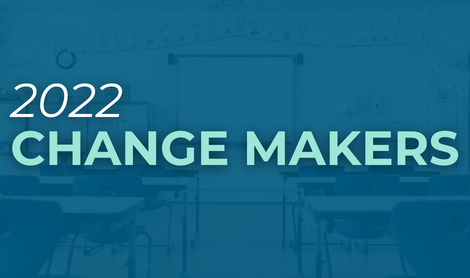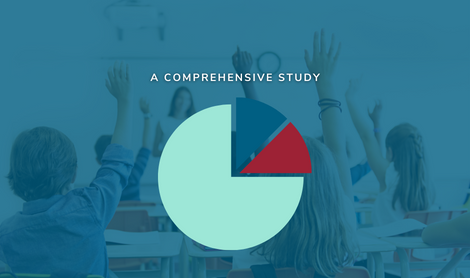NACSA Blog
Press Releases
 |
National Association of Charter School Authorizers Appoints Education Leaders to National Advisory BoardThe National Association of Charter School Authorizers (NACSA) is pleased to announce the appointment of seven distinguished professionals to its National Advisory Board. The 23- member board is comprised of leaders from … |
 |
National Survey Shows Charter School Closure Rates Dropped in 2010-2011 School YearJanuary 30, 2012 (Chicago, Ill.) – A report released today by the National Association of Charter School Authorizers (NACSA) indicates charter school closures have declined over the past three years. These findings … |
 |
NACSA Hails Congressional Action to Strengthen Charter School AuthorizingIn adopting the Consolidated Appropriations Act of 2010, Congress recognizes for the first time the important role charter school authorizers play in determining charter school quality, winning it praise from the National … |
 |
NACSA Announces 2009 Awards for ExcellenceThe NACSA Awards for Excellence program celebrates individuals and organizations that advance the authorizing profession in three fields: • Advancing Knowledge, • Improving Policy, and • Improving Practice. NACSA announced the 2009 … |
 |
The Fund for Authorizing ExcellenceNACSA established The Fund for Authorizing Excellence (The Fund) earlier this year to provide direct support to NACSA members who are working to create charter environments that foster schools with high student … |
 |
2022 Change MakersAcross the country, the dual challenges of an ongoing pandemic and racial inequities continue to impact our schools. But educators, school leaders, and authorizers across the country have been working to meet … |
 |
Authorizer Resource: Measuring School Quality in Multiple WaysEvaluating charter school performance to ensure school accountability is at the heart of authorizing. Measuring school quality is multifaceted work. To do it well, authorizers work with schools to set the right … |
 |
NACSA names Brian Graham as Chief Financial OfficerDr. M. Karega Rausch, president and CEO of the National Association of Charter School Authorizers (NACSA), announced today that Brian Graham joins NACSA as chief financial officer. “I am honored to be … |
 |
State of Charter Authorizing ReportAuthorizing is the most consequential public school governance reform of the past two decades. For the last 20+ years, authorizers have been creating a new landscape, where school autonomy—balanced by fierce accountability … |
 |
NACSA’s CSP Guidance for Management OrganizationsAs federal education programming has shifted over the years to be more focused on high-quality outcomes for students, communities desiring a charter school have increasingly turned to already-proven, successful educational models to … |
 |
Higher Education Institutions (HEIs) AuthorizingQuality authorizing can exist within many contexts and structures. One of those contexts is within higher education institutions (HEIs). We examined how and what HEIs contribute to the charter schools’ landscape. This … |
 |
SXSW EDU 2023 Conference ProposalsNACSA has submitted two innovative and exciting session proposals for The SXSW EDU 2023 Conference (March 6-9); now we need your help. The South by Southwest (SXSW) EDU Conference brings together the learner, the practitioner, … |
 |
Authorizing by the NumbersWe spend plenty of time talking about the why and how of our work, as we seek to ensure more high-quality, innovative, and equitable educational opportunities for children. But every few years, … |
 |
Supplementing, Not Replacing: How Multiple Measures WorkWe can hope (or imagine) that all students come to school every day on grade level, ready to learn. But the reality is, some students have been totally or partially disengaged from school, and this impacts their academic learning. |
 |
NACSA Statement on the Department of Education’s Final Regulations for CSPAfter reading the more than 300 pages of final Charter Schools Program grant competition criteria and regulations, we thank the Department for listening and taking seriously concerns raised by many in the … |